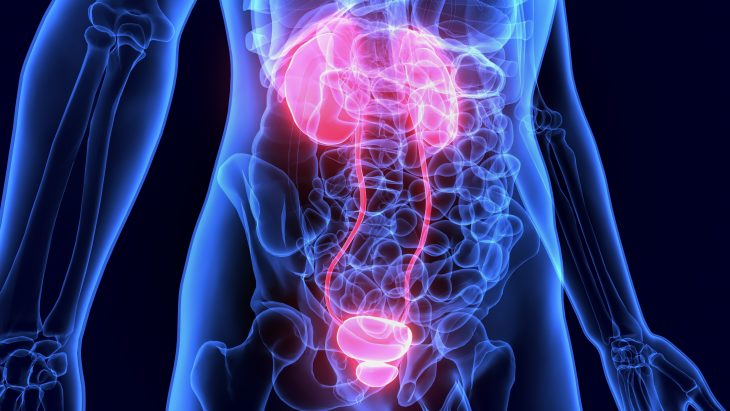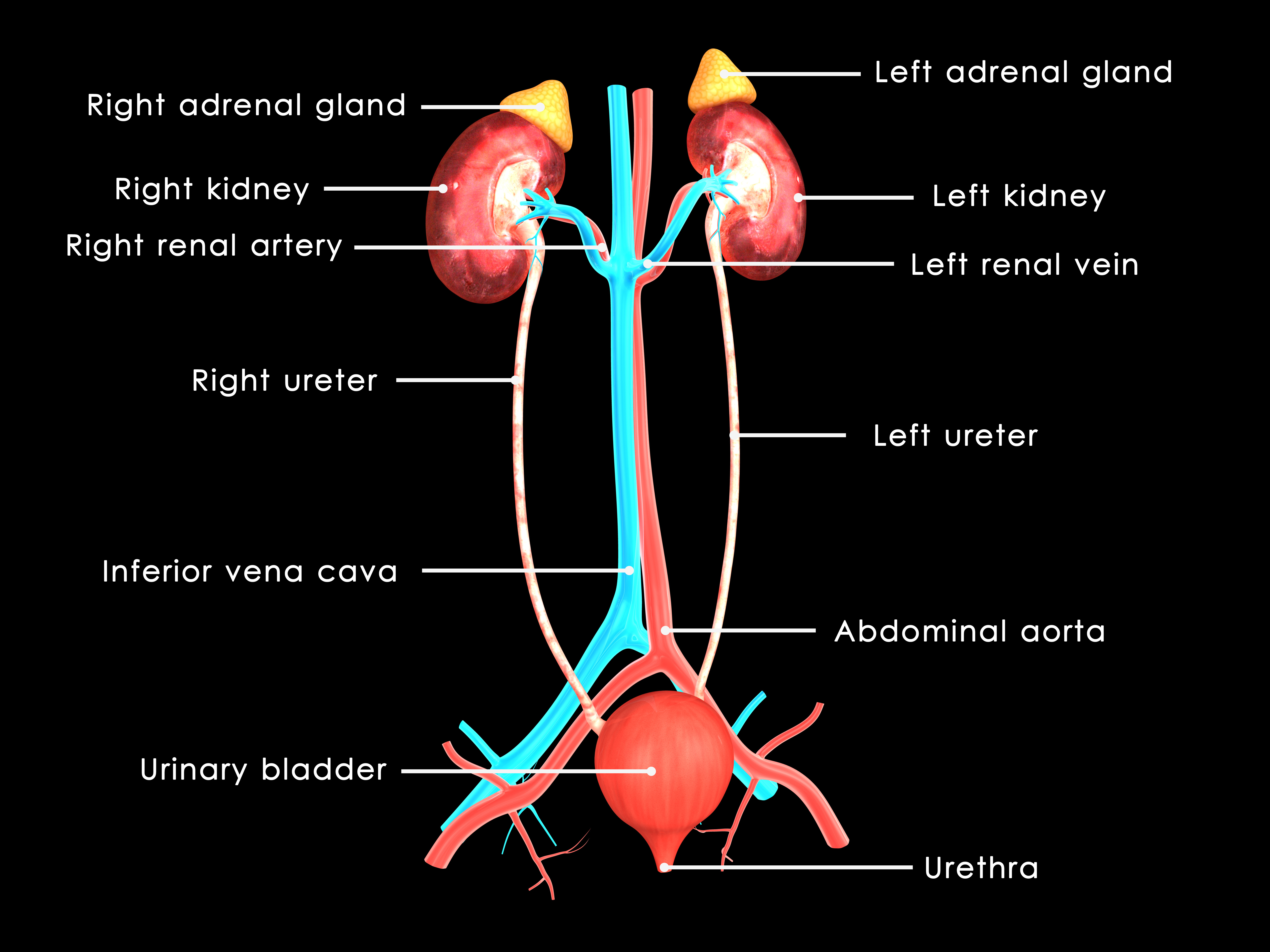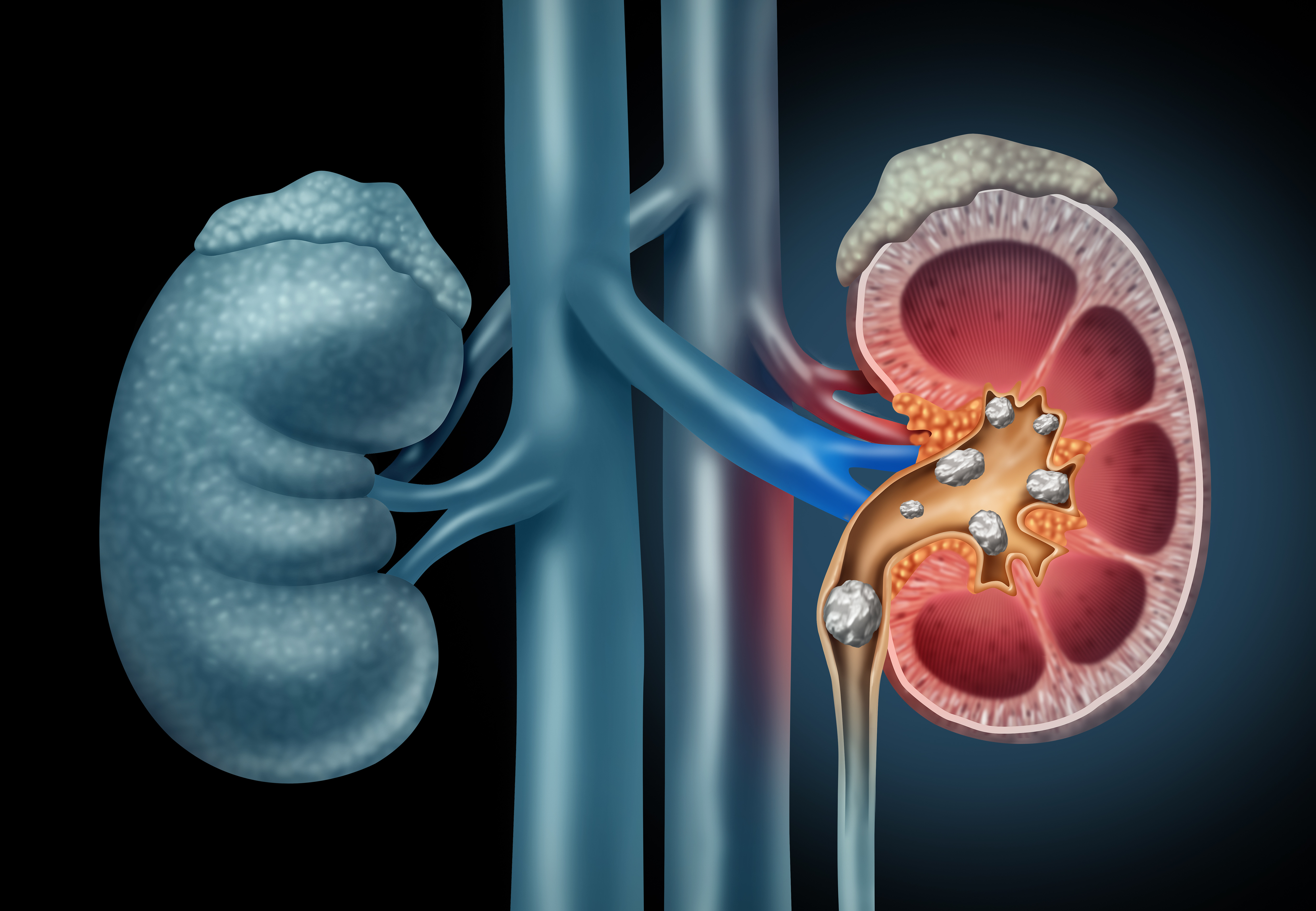
The human body is a complex and remarkable creation, functioning through an intricate network of systems and organs. One such system, often overlooked, is the urinary system. In this article, we will explore the fascinating facts about the urinary system, shedding light on its structure, functions, and the importance of its various components.
Introduction to the Urinary System
The urinary system, also known as the renal system, is responsible for the production, storage, and elimination of urine. Comprised of several organs, including the kidneys, ureters, bladder, and urethra, the urinary system works tirelessly to filter waste materials and maintain a delicate balance of fluids and electrolytes within the body.
The Kidneys: Masters of Filtration
The kidneys, bean-shaped organs located on either side of the spine, are the key players in the urinary system. They perform the essential function of filtering blood to remove waste products and excess water, producing urine as a result.
Each kidney contains around one million tiny filtering units called nephrons, which help in the filtration process. Despite their small size, the kidneys receive a significant portion of the body’s blood supply, approximately 20%. The kidneys also filter an astonishing 120 to 150 quarts of blood daily, producing about 1 to 2 quarts of urine, belying their size.
The Ureters: Transporting Liquid Gold
The ureters, slender tubes connecting the kidneys to the bladder, act as conduits for urine. These muscular tubes propel urine using peristalsis, which is a rhythmic contraction of the muscles. They then transport urine from the kidneys to the bladder for temporary storage. The ureters play a crucial role in ensuring the one-way flow of urine and preventing backflow, which could lead to urinary tract infections.
The Bladder: A Reservoir of Urine
The bladder, a hollow muscular organ located in the pelvis, serves as a temporary storage facility for urine. Its expandable nature allows it to accommodate varying volumes of urine before the sensation of needing to urinate arises. As such, the bladder can hold anything from up to a few milliliters to nearly a liter of urine. In general, the average adult bladder can hold approximately 400 to 600 milliliters of urine. However, the sensation of needing to urinate generally arises when the bladder is about half full.
The muscular walls of the bladder contract during urination, expelling the stored urine through the urethra. These muscular contractions are controlled by the autonomic nervous system.
The Urethra: The Exit Pathway
The urethra is the final component of the urinary system, serving as the channel through which urine is expelled from the body. The urethral sphincter muscles help control the flow of urine and prevent leakage.
In males, the urethra has a dual function, allowing the passage of both urine and semen, while in females, it is solely dedicated to the elimination of urine. The length of the male urethra is approximately 20 centimeters, while the female urethra is significantly shorter, measuring around 4 centimeters. This anatomical difference accounts for the higher incidence of urinary tract infections in females.

Filtration and Waste Removal
The primary function of the urinary system is to filter the blood and remove waste products generated by the body’s metabolic processes. The kidneys act as a natural filtration system, selectively filtering toxins, excess water, and waste substances such as urea, uric acid, and creatinine from the bloodstream. These substances are then eliminated as urine.
Fluid and Electrolyte Balance
The urinary system also plays a crucial role in regulating fluid and electrolyte balance within the body. Aside from filtering out waste, the kidneys are also responsible for reabsorbing essential substances like glucose, water, and electrolytes like sodium, potassium, and calcium.
By adjusting the reabsorption of water and electrolytes, the kidneys help maintain proper hydration and electrolyte levels. This balance is essential for maintaining healthy blood pressure, supporting nerve and muscle function, and ensuring the optimal functioning of various body systems.
Acid-Base Balance
The urinary system contributes significantly to the body’s acid-base balance, helping to regulate the pH level of bodily fluids. The kidneys can selectively reabsorb or excrete hydrogen ions and bicarbonate ions to maintain the blood’s pH within a narrow range. This delicate balance is vital for proper enzyme function, respiratory function, and overall cellular health.
Blood Pressure Regulation
The kidneys also play a pivotal role in regulating blood pressure through the renin-angiotensin-aldosterone system. When a person’s blood pressure drops, the kidneys release an enzyme called renin, which initiates a cascade of reactions leading to the production of angiotensin II. Angiotensin II constricts blood vessels and stimulates the release of aldosterone, a hormone that promotes sodium and water retention. This then raises your blood pressure.
Hormone and Red Blood Cell Production
The kidneys produce a hormone called erythropoietin. This hormone stimulates the bone marrow to produce red blood cells. Red blood cells are responsible for transporting oxygen throughout the body, and their production is vital for maintaining adequate oxygenation and preventing anemia.
Urinary Tract Infections (UTIs)
While the urinary system is remarkably efficient, it is not impervious to disorders and diseases. One common urinary system disorder is urinary tract infections (UTIs).
UTIs occur when bacteria enter the urinary system, leading to infection and inflammation. Symptoms may include frequent urination, a burning sensation during urination, cloudy or foul-smelling urine, and lower abdominal pain. UTIs are more common in women than in men due to differences in anatomy.
Kidney Stones
Kidney stones are hard deposits that form within the kidneys when there is an imbalance in urine composition. These stones can range in size from tiny grains to larger masses, causing intense pain as they pass through the urinary tract. Risk factors for kidney stones include dehydration, a diet high in sodium and oxalate, certain medical conditions, and a family history of kidney stones. Common symptoms of kidney stones include severe pain in the back or side, blood in the urine, and frequent urination

Urinary Incontinence
Another common urinary system disorder is urinary incontinence. Urinary incontinence refers to the involuntary leakage of urine, often caused by weakened pelvic floor muscles or problems with the nerves controlling the bladder. It can significantly impact an individual’s quality of life and is more common in older adults, particularly women who have experienced childbirth.
Urinary Retention
Urinary retention is the inability to fully empty the bladder, often due to a blockage or weakened bladder muscles. It can cause discomfort, frequent urination, or a complete inability to urinate.
Chronic Kidney Disease (CKD)
CKD refers to the gradual loss of kidney function over time. This disorder typically results from underlying conditions such as diabetes or high blood pressure. Symptoms of CKD may include fatigue, swelling in the legs and ankles, changes in urine output, and difficulty concentrating. In advanced stages, CKD may require dialysis or a kidney transplant.
Renal Failure
Renal failure occurs when the kidneys lose their ability to filter waste products and maintain fluid and electrolyte balance. It can be acute, developing rapidly due to severe injury or illness, or chronic, progressing slowly over time. Renal failure requires immediate medical intervention and may necessitate dialysis or kidney transplantation for survival.
Proper Hydration
Caring for the urinary system involves adopting healthy habits and making conscious lifestyle choices. One tip to help maintain a healthy urinary system involves drinking an adequate amount of water, which helps flush out toxins and ensures the kidneys function optimally. You should aim to ingest at least eight cups of water per day, or more if engaged in physical activity or in hot climates.
Maintain a Balanced Diet
Another tip for taking care of your urinary system is to maintain a balanced diet. Consuming a diet rich in fruits, vegetables, whole grains, lean proteins, and healthy fats can support overall urinary system health. Additionally, reducing sodium intake and avoiding excessive caffeine and alcohol consumption can help prevent urinary system disorders.

Practice Good Hygiene
Maintaining good hygiene is crucial to prevent urinary tract infections. Wiping from front to back after using the toilet, urinating before and after sexual activity, and wearing breathable underwear are some practices that can help reduce the risk of infection.
Conclusion
The urinary system, with its intricately interconnected organs and functions, plays a vital role in maintaining the body’s equilibrium. From the kidneys’ exceptional filtration capabilities to the bladder’s expandable reservoir, each component contributes to the proper functioning of this remarkable system. Understanding the urinary system’s importance and taking proactive measures to maintain its health can go a long way in promoting overall well-being.
Frequently Asked Questions (FAQ)
How can I prevent urinary tract infections?
To prevent urinary tract infections, ensure good hygiene practices, drink plenty of water, urinate before and after sexual activity, and avoid holding urine for prolonged periods.
Are kidney stones preventable?
While certain risk factors for kidney stones such as family history cannot be controlled, maintaining proper hydration and adopting a balanced diet low in sodium and oxalate can help reduce the risk of developing kidney stones.
Can urinary incontinence be treated?
Yes, urinary incontinence can often be treated or managed. Treatment options may include pelvic floor exercises, medication, lifestyle changes, or, in some cases, surgical interventions. It is best to consult a healthcare professional for an accurate diagnosis and personalized treatment plan.
How do the kidneys regulate blood pressure?
The kidneys regulate blood pressure by adjusting the volume of blood and the concentration of sodium and other electrolytes in the body. They also produce a hormone called renin, which plays a role in controlling blood pressure.
Can dehydration affect the urinary system?
Yes, dehydration can affect the urinary system by reducing urine production and increasing the risk of kidney stones and urinary tract infections. It is essential to maintain adequate hydration for optimal urinary system health.
Was this page helpful?
Our commitment to delivering trustworthy and engaging content is at the heart of what we do. Each fact on our site is contributed by real users like you, bringing a wealth of diverse insights and information. To ensure the highest standards of accuracy and reliability, our dedicated editors meticulously review each submission. This process guarantees that the facts we share are not only fascinating but also credible. Trust in our commitment to quality and authenticity as you explore and learn with us.
